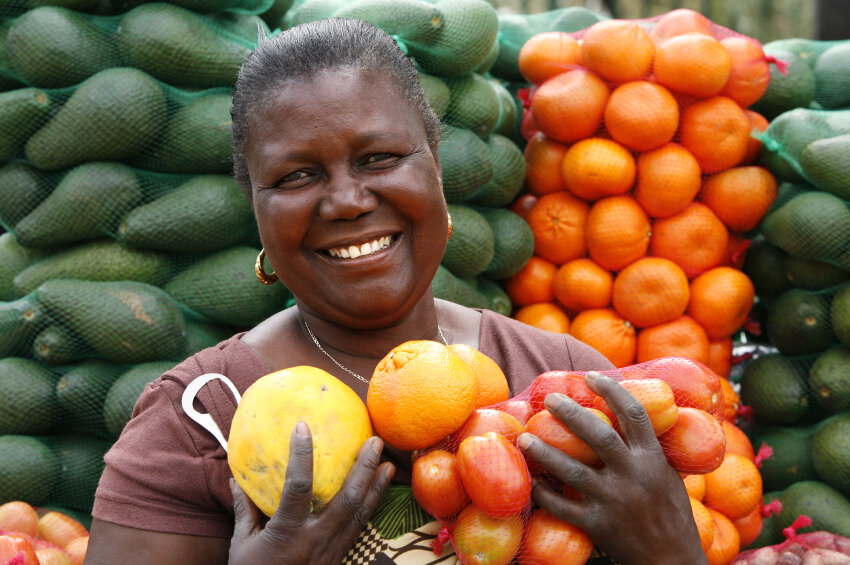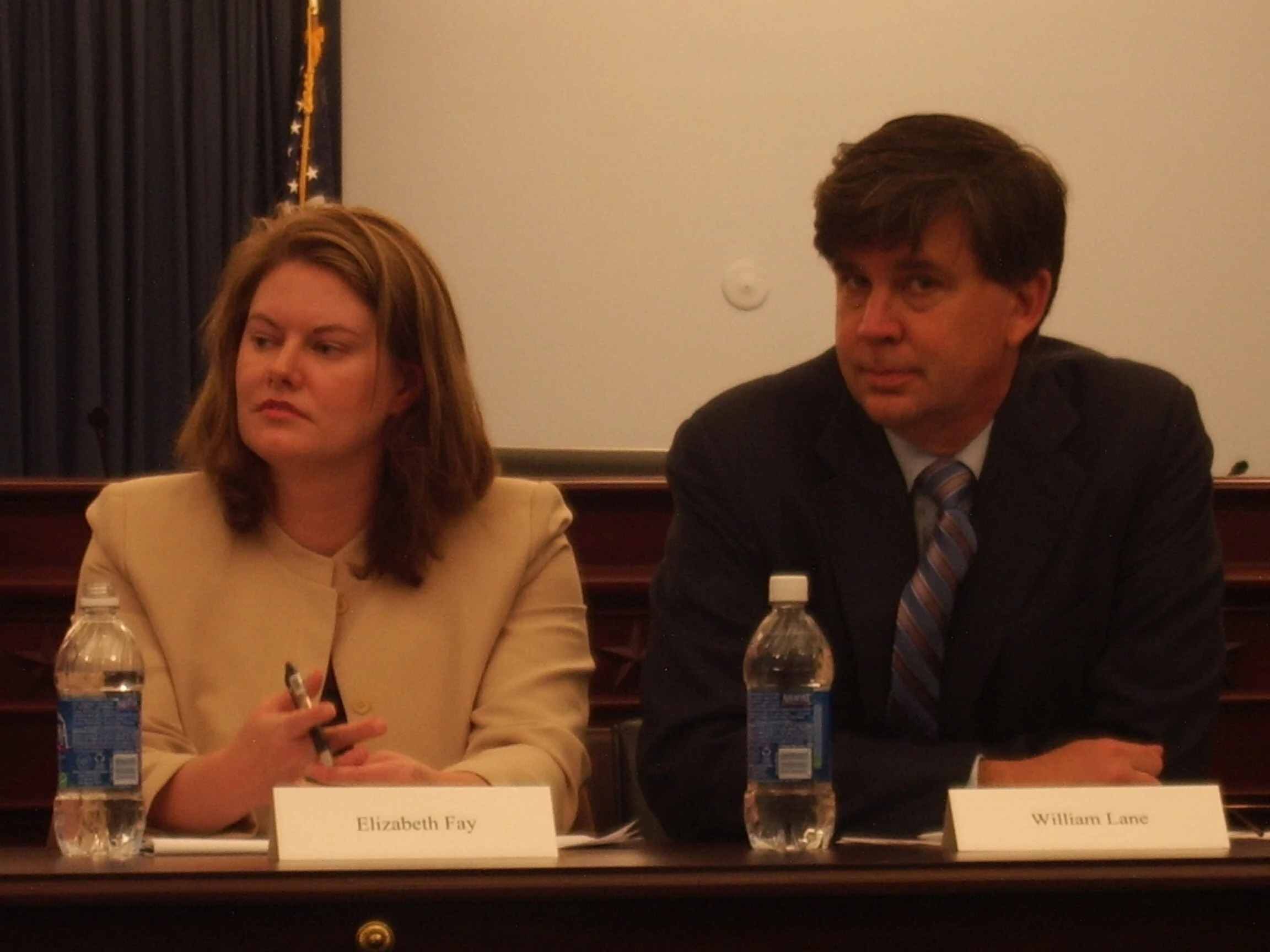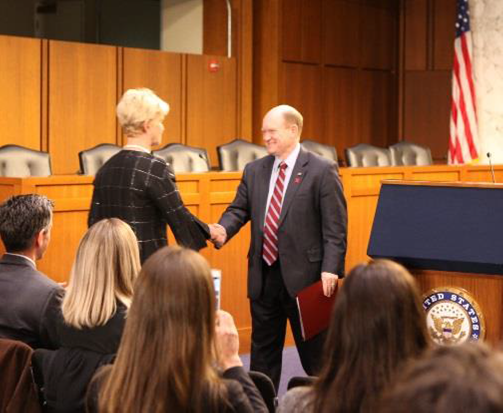Business for Inclusive and Sustainable Development
BCGD is a coalition of global businesses working to advance sustainable and inclusive development through good governance and the rule of law in poor and vulnerable communities around the world. BCGD’s agenda is informed by the UN Sustainable Development Goals and the good work of stakeholders including civil society organizations, businesses and others essential to progress.
What We Do
We convene diverse leaders from business, government, civil society and academia for structured multistakeholder initiatives and education regarding policies and practices to advance inclusive and sustainable development.
This approach includes innovative approaches in multistakeholder negotiations and governance.
We educate important stakeholders, including those in government, civil society and business regarding our core issues.
Multistakeholder Education, Governance and Consensus-Building
We conduct multistakeholder programs and provide expertise in public and private forums regarding the role of businesses, often in partnership with governments and civil society, to
protect human rights in their global services, operations and supply chains;
advance the rule of law;
promote inclusive and sustainable development in keeping with the UN Sustainable Development Goals.
Inclusive and Sustainable Development in the Northern Triangle
The Business Council for Global Development (BCGD) supports an action agenda for businesses, civil society organizations and governments to advance sustainable and inclusive development in the Northern Triangle (Honduras, Guatemala and El Salvador).
We believe that the seven key recommendations listed below should be the focus of key stakeholders to encourage investment and promote sustainable development in the Northern Triangle. The following list includes recommendations for actions by business, civil society and governments.
1. Advance the Rule of Law
Capacity building (including funding) and protections for civil society organizations will be essential to advancing the rule of law in this region. Governments, foundations and businesses should all contribute to this.[1]
While robust and independent civil society is the foundation of the rule of law, good governance is the necessary outcome.
Businesses thrive under the rule of law as do societies.
2. Regional Trade Integration
Negotiate trade rules that advance the integration of the Northern Triangle countries with the broader region.
3. Short Supply
The apparel sector (along with agriculture) presents immediate opportunities to create decent jobs in the region through new investments. Properly implementing the CAFTA-DR short supply mechanism would substantially expand these opportunities for jobs and investments.
4. Worker Rights
The fair and comprehensive enforcement of labor laws in the region, along with related services to support labor law compliance, and constructive and sustainable labor relations, will be essential to creating decent jobs and investments in the region that can endure in the long term.
5. Infrastructure
Decrease congestion that results from poor road conditions, lack of adequate “FAST” lanes, and inconsistent customs working hours and procedures at border crossing and processing systems.
6. Trade Facilitation
Harmonize customs processes and port operations across the three Northern Triangle countries and beyond to advance broader trade integration.
Adjust regulatory policies that hamper transfers from one free trade zone to another to better facilitate release of goods and distinguish between transfer items and new free zone admissions.
7. Advance Gender Equity and Address Gender-Based Violence and Harassment
Broad cultural shifts (through enhanced business, civil society and government programs) are needed to address gender-based violence and harassment in the region.
8. Severe Weather Resilience
Severe storms, which have become much more frequent in recent years, have done substantial damage in the region. There is an immediate need to build resilient infrastructure (e.g., dams to prevent flooding).
[1] Rachel Kleinfeld, Advancing the Rule of Law Abroad: Next Generation Reform, Carnegie Endowment for International Peace, 2012
Statement of Support for the Democracy in the 21st Century Act
The Business Council for Global Development (BCGD) supports the passage of the Democracy in the 21st Century Act. BCGD recognizes the need for the United States to bolster its ability to defend and promote the core elements of democracy, including particularly those that support sustainable and inclusive economies.
These essential elements include but are not limited to:
transparent, accountable, and democratic governance (including combating corruption);
human rights and labor rights;
internet freedom and digital rights and responsibilities;
the rule of law.
This bipartisan legislation, sponsored by Senators Chris Coons (D-DE) and Lindsey Graham (R-SC) will increase funding and enable new programs to advance this agenda to over $3 billion. This is essential to responsible global businesses as they seek to protect themselves from corruption, eliminate human rights abuses (including forced labor) from their supply chains, advance gender equity, ensure that workers and communities benefit from their investments and trade around the world, and protect our shared environment.
Through four newly established flexible funds, the Democracy in the 21st Century Act will enable the United States to better meet the challenges of today such as digital authoritarianism, transnational corruption and foreign interference. This critical funding will be distributed among the State Department, U.S. Agency for International Development (USAID) and National Endowment for Democracy (NED).
BCGD believes in advancing inclusive and sustainable development across the globe – something that cannot be achieved without advancing the work of these four US government agencies.
Business Action for Human Rights
We speak out, share ideas and advocate on behalf of participating businesses (including before the Senate Human Rights Caucus), and bring together leading businesses with civil society organizations to discuss areas of cooperation enabling businesses to take effective action for human rights.
We led the Business Coalition for ILAB, which successfully advocated for full funding of the International Labor Affairs Bureau. ILAB is the US government agency that administers labor and human rights grant programs, while performing other functions that advance labor rights globally. We managed this coalition of businesses and trade associations and engaged in comprehensive bipartisan advocacy to support these appropriations. Legislation appropriating full funding of ILAB grant programs was signed into law by the President for fiscal years 2018 and 2019, and was expanded for fiscal year 2020.
ILAB funded programs support the fight against human trafficking, child and slave labor, gender-based violence, and they advance labor rights compliance around the world.
In addition to protecting essential human rights, ILAB programs help developing countries comply with labor rights requirements in trade agreements, such as USMCA, and American trade legislation that provides special trade preferences to support economic growth in developing countries.
Improved and Expanded Development Financing
BCGD played an important role in advocating for The Better Utilization of Investments Leading to Development (BUILD) Act, of 2018, which was signed into law by the President on October 4. The BUILD Act created a new development finance agency that is helping American exporters, workers, investors and entrepreneurs support economic development and reduce poverty, by making successful investments in developing and fragile countries. The spending cap for available development financing is more than doubled to $60 billion. BCGD engaged in its own advocacy for the BUILD Act and joined with other civil society organizations and thought leaders.
Putting Capacity Building on the Trade Policy Agenda
In the early to mid-2000s, BCGD, then called the Business Coalition for Capacity Building, built the case and successfully advocated to put capacity building, particularly for global development, labor rights and environmental sustainability, on the trade policy agenda. This resulted in capacity building programs and funding being legislated for the first time in connection with an American free trade agreement: Dominican Republic-Central America FTA, or DR-CAFTA.
Since this time, we have participated in advocating for expanded capacity building in tandem with subsequent U.S. free trade agreements and through the World Trade Organization. These new ideas were developed through multistakeholder education and consensus-building.
Meet Our Team
Our team works every day to support the Sustainable Development Goals through responsible business practices and partnerships between business, civil society and government.


























